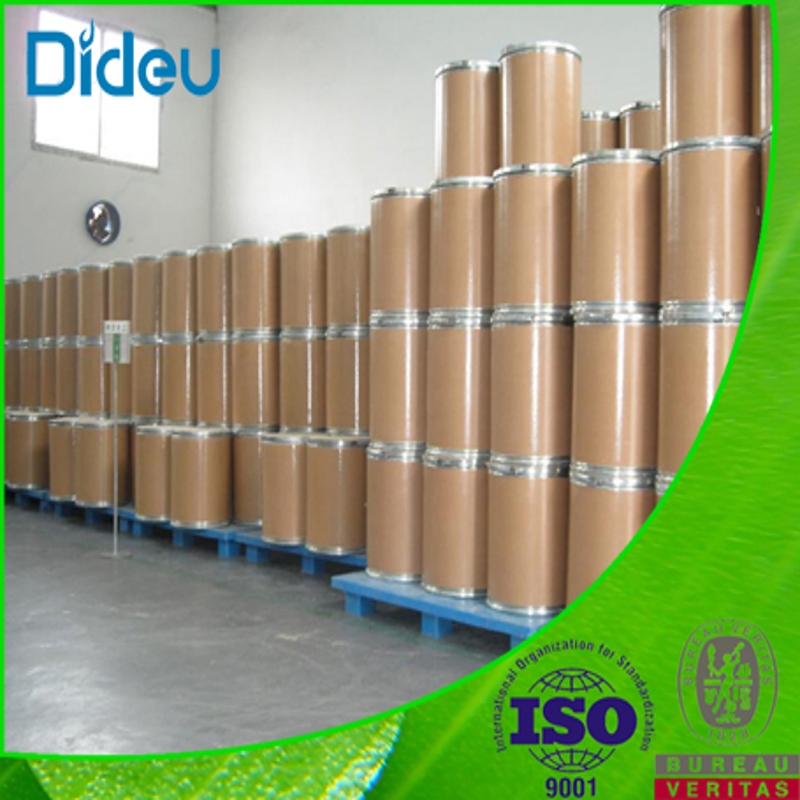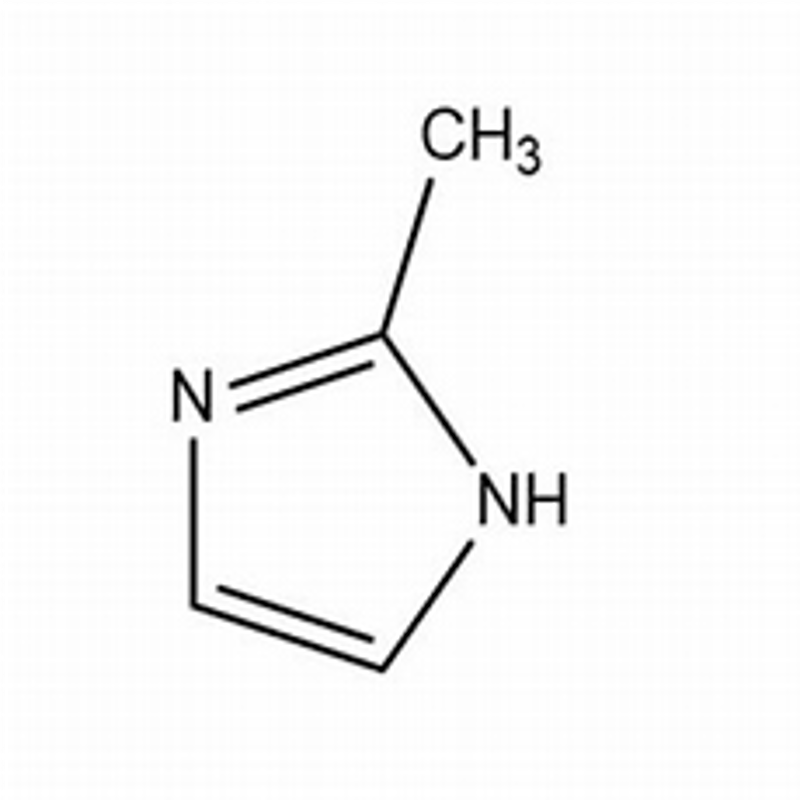-
Categories
-
Pharmaceutical Intermediates
-
Active Pharmaceutical Ingredients
-
Food Additives
- Industrial Coatings
- Agrochemicals
- Dyes and Pigments
- Surfactant
- Flavors and Fragrances
- Chemical Reagents
- Catalyst and Auxiliary
- Natural Products
- Inorganic Chemistry
-
Organic Chemistry
-
Biochemical Engineering
- Analytical Chemistry
-
Cosmetic Ingredient
- Water Treatment Chemical
-
Pharmaceutical Intermediates
Promotion
ECHEMI Mall
Wholesale
Weekly Price
Exhibition
News
-
Trade Service
6-FluoroH-iMidazo[1,2-a]pyridin-3-carboxylic acid, also known as FMK, is a heterocyclic compound that has been widely studied for its potential applications in the chemical industry.
In this article, we will examine some of the most promising applications of FMK in various fields of the chemical industry, including pharmaceuticals, agrochemicals, and materials science.
One of the most promising applications of FMK is in the field of pharmaceuticals.
The compound has been shown to have a wide range of pharmacological activities, including antinociceptive, anti-inflammatory, and anti-tumor properties.
These properties make FMK a potential lead compound for the development of new drugs for the treatment of pain, inflammation, and cancer.
In particular, FMK has been shown to have a high binding affinity for the mu-opioid receptor, which is involved in the perception of pain.
This property makes FMK a potential lead compound for the development of new opioid analgesics that are less prone to abuse and addiction than current drugs on the market.
FMK has also been shown to have anti-inflammatory properties, making it a potential lead compound for the development of new anti-inflammatory drugs for the treatment of conditions such as arthritis and asthma.
In addition to its pharmacological properties, FMK has also been shown to have anti-tumor properties.
The compound has been shown to inhibit the growth and proliferation of cancer cells in vitro and in vivo, making it a potential lead compound for the development of new cancer therapeutics.
Another promising application of FMK is in the field of agrochemicals.
The compound has been shown to have a wide range of activities that are relevant to crop protection, including insecticidal, fungicidal, and herbicidal properties.
In particular, FMK has been shown to have high insecticidal activity against a wide range of pests, including lepidopteran and dipteran insects.
This property makes FMK a potential lead compound for the development of new insecticides for use in agriculture.
FMK has also been shown to have fungicidal properties, making it a potential lead compound for the development of new fungicides for use in crop protection.
In addition to its pesticidal properties, FMK has also been shown to have herbicidal properties, making it a potential lead compound for the development of new herbicides for use in weed control.
Finally, FMK has also been shown to have potential applications in the field of materials science.
The compound has been shown to have a high thermal stability and good dielectric properties, making it a potential candidate for use in the development of new composite materials for use in electronics and other applications.
Overall, the potential applications of FMK in the chemical industry are vast and varied.
The compound has been shown to have a wide range of pharmacological, agrochemical, and materials science properties, making it a promising lead compound for the development of new drugs, crop protection agents, and composite materials.
Further research is needed to fully explore the potential of FMK and to develop new applications for this versatile compound.







